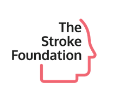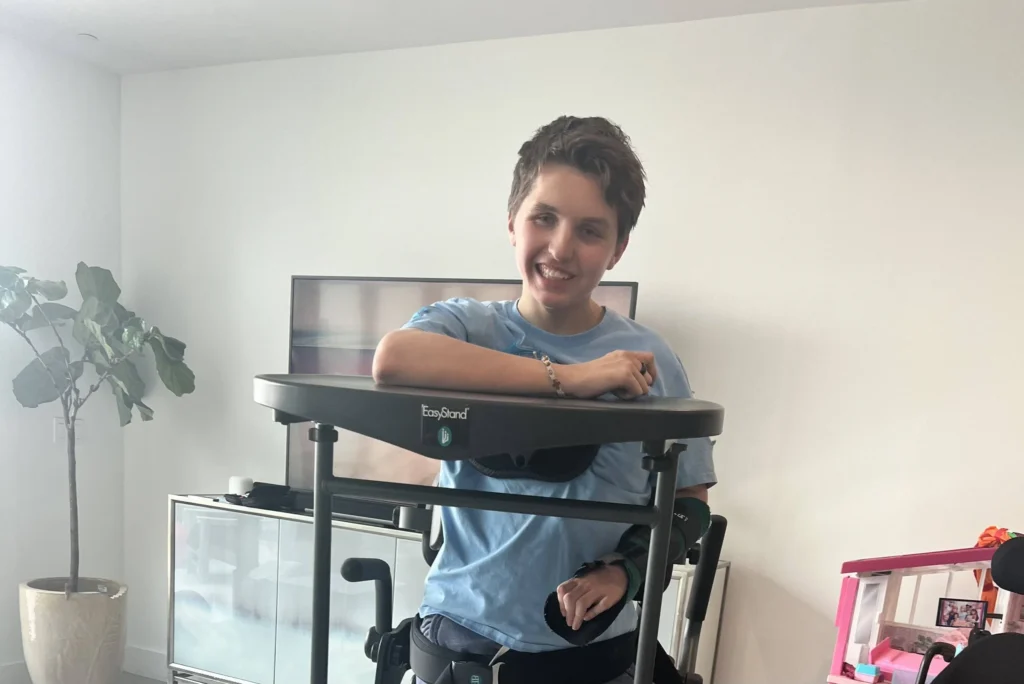Aphasia is the inability to speak, read, write and/or listen. Around 20-40% of stroke survivors will experience some degree of aphasia and thus can have a significant impact on their recovery. In this article we will explain the different types of aphasia.
Global aphasia
The most severe form of aphasia is global — it affects the ability to speak, read, write, and understand words. A stroke survivor with an extensive injury in the brain may experience this form of aphasia, and can improve it with appropriate speech and language therapy.
Expressive aphasia
This form of aphasia is also called non-fluent or Broca’s aphasia, because the person knows what they want to say but cannot communicate it appropriately through speech or writing.
Receptive aphasia
This form of aphasia is also called fluent or Wernicke’s aphasia, because although the person can read/hear what is being said to them, they cannot understand the meaning of the words.
Anomic aphasia
A person experiencing anomic aphasia has difficulty finding the words they need to communicate what they want to say. Their speech is often full of random words or nouns and can make it very frustrating for them to communicate.
Aphasia is treatable and not always permanent. There are speech and language therapies that may help make speaking, reading and writing easier. If you are a caregiver for a stroke survivor with aphasia, here is an article with tools you may find helpful.





